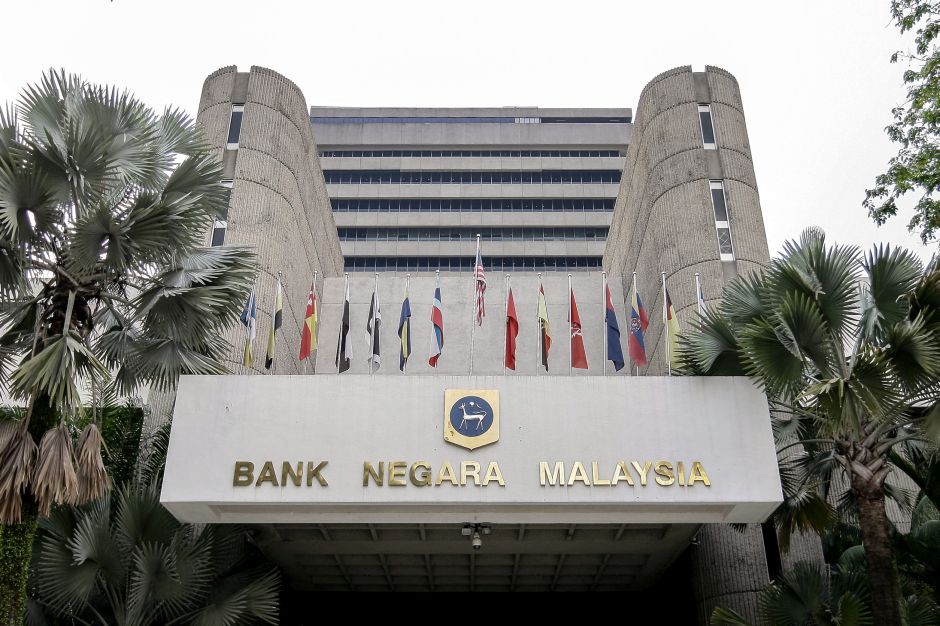GOING against the consensus, the Monetary Policy Committee (MPC) of Bank Negara Malaysia (BNM) has decided to increase the country’s overnight policy Rate (OPR) by 25 basis points to 2% from 1.75% – the first adjustment since July 2020.
The ceiling and floor rates of the corridor of the OPR are correspondingly increased to 2.25% and 1.75% respectively, according to the central bank.
“The sustained re-opening of the global economy and improvement in labour market conditions continue to support the recovery of economic activity,” BNM said in a media statement.
“These have partly cushioned the impact of the military conflict in Ukraine and the strict containment measures in China.”
According to a Bloomberg poll of 19 economists, 14 of the respondents expected BNM to keep the benchmark interest rate steady at 1.75% while five had expected a 25-basis-point hike. BNM last adjusted borrowing costs in July 2020.
The central bank acknowledged that inflationary pressures have increased sharply due to a rise in commodity prices, strained supply chains and strong demand conditions, particularly in the US.
Consequently, several central banks are expected to adjust their monetary policy settings at a faster pace to reduce inflationary pressures.
“The global growth outlook will continue to be affected by the developments surrounding the conflict in Ukraine, COVID-19, global supply chain conditions, commodity price shocks, and financial market volatility,” BNM pointed out.
“For the Malaysian economy, latest indicators show that growth is on a firmer footing, driven by strengthening domestic demand amid sustained export growth. The labour market is further lifted by a lower unemployment rate, higher labour participation and better income prospects.”
BNM expects Malaysia’s transition to endemicity on April 1 to strengthen economic activity in line with further easing of restrictions and the re-opening of international borders.
“Investment activity and prospects have also improved, underpinned by the realisation of multi-year projects and positive growth outlook,” noted the central bank.
“However, risks to growth remain which include a weaker-than-expected global growth, further escalation of geopolitical conflicts, worsening supply chain disruptions, and adverse developments surrounding COVID-19.”
Headline inflation is projected to average between 2.2% and 3.2% in 2022. Given the improvement in economic activity amid lingering cost pressures, underlying inflation – as measured by core inflation – is expected to trend higher to average between 2% and 3.0% in 2022.
“Nevertheless, upward pressure on prices would be partly contained by existing price controls and the continued spare capacity in the economy,” contended BNM.
“The inflation outlook continues to be subject to global commodity price developments, arising mainly from the ongoing military conflict in Ukraine and prolonged supply-related disruptions as well as domestic policy measures on administered prices.”
Over the course of the COVID-19 crisis, the OPR was reduced by a cumulative 125 basis points to a historic low of 1.75% to provide support to the economy.
“The unprecedented conditions that necessitated such actions have since abated. With the domestic growth on a firmer footing, the MPC decided to begin reducing the degree of monetary accommodation,” justified the central bank.
“This will be done in a measured and gradual manner, ensuring that monetary policy remains accommodative to support a sustainable economic growth in an environment of price stability.”
In a related development, BNM also revealed that its international reserves stood at US$112.5 bil as of April 29. The reserves position is sufficient to finance 5.9 months of imports of goods and services and is 1.2 times of the total short-term external debt. – May 11, 2022









